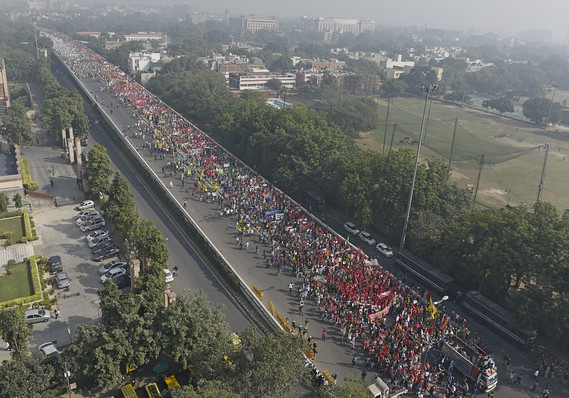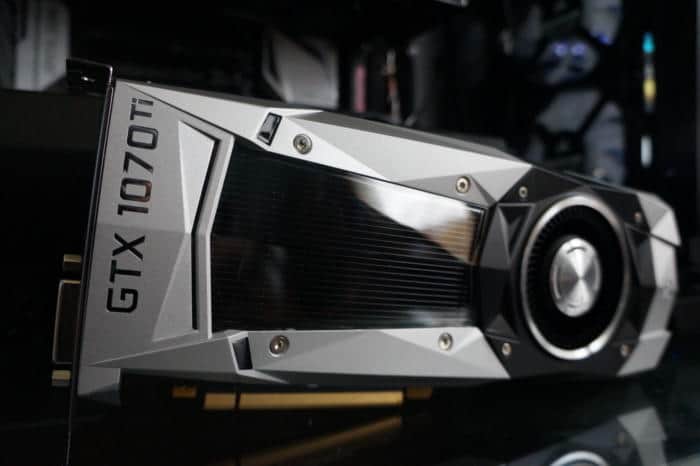
Just a few months ago, investors drove the U.S. stock market SPX, -2.33% to an all-time high. Now they’re scurrying for the off-ramp and showing fresh doubts about economy. Have things really gone south that fast?
Not really.
The economy is forecast to grow at an above-average speed of 2.6% in the fourth quarter, for one thing. Consumer confidence is at a two-decade high. The unemployment rate remains at a 49-year low. And the holiday shopping season is shaping up to be a big one.
Still, some warning signs have emerged.
Home sales have softened after a rise in mortgage rates. Corporate investment has tapered off. Job creation slowed in November. And a festering trade dispute with China and resulting tariffs have raised costs for businesses and consumers.
“It’s becoming clearer by the day that the best days for this economic cycle are behind us,” asserted Scott Anderson, chief economist of Bank of the West.
The sudden shift in perception is forcing the Federal Reserve to reconsider how many times it will raises interest rates in the next year.
Not only does the economy seem a touch more vulnerable than it did a few months ago, a recent upturn in inflation also appears to have crested. The Fed has been gradually raising rates to head off an unwelcome increase in rates, but now the problem seems less urgent.
One sign came last week in a weaker-than-expected November employment report. The economy added just 155,000 new jobs — well below the 190,000 forecast — and the yearly increase in hourly wage growth stood pat at 3.1%.
More evidence might emerge this week. The consumer price index, which tracks the cost of living, could show a flat or even negative reading for the first time in eight months. The annual rate of inflation as measured by the CPI could drop to a nine-month low of 2.2% from 2.5%
Similarly weak readings are likely in other inflation barometers for wholesale U.S. goods and imported products.
What’s a common thread?
Falling oil prices . A surge in petroleum helped fuel an upturn in inflation earlier this year that spurred the Fed to raise U.S. interest rates three times. Now lower oil prices are acting as a brake on inflation.
Lower oil prices CLF9, +1.24% will probably deliver seemingly disappointing retail sales in November.
Americans spent a lot less filling up at gas stations, making it look like retailers had a bad month. Economists polled by MarketWatch predict a lackluster 0.2% increase.
“Here’s a word of advice on anyone planning to use the November retail sales report as a guide to how the holiday shopping season is going: don’t,” said chief economist Richard Moody of Regions Financial.























